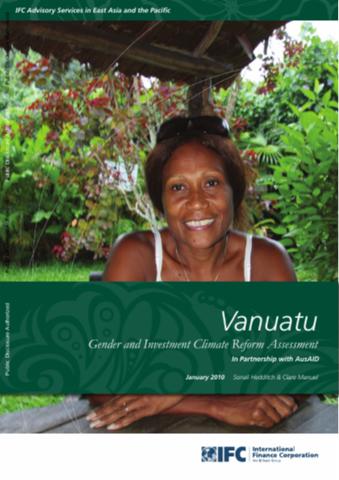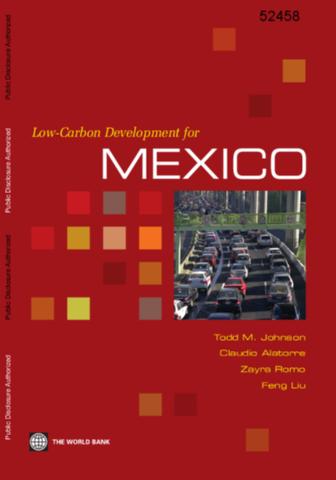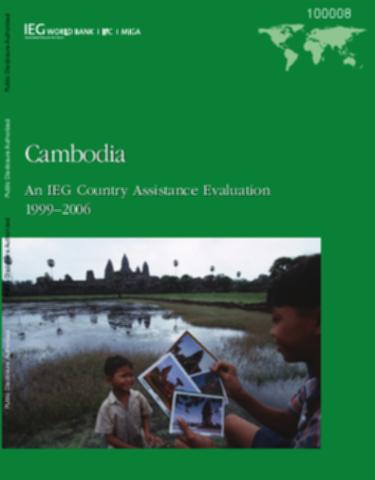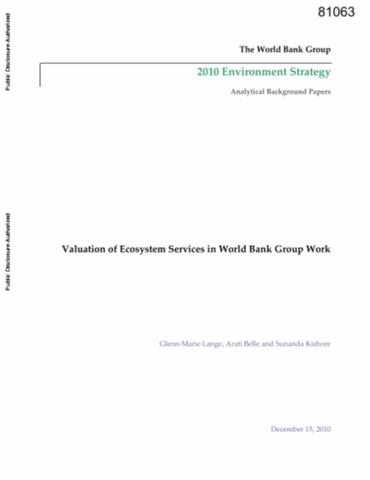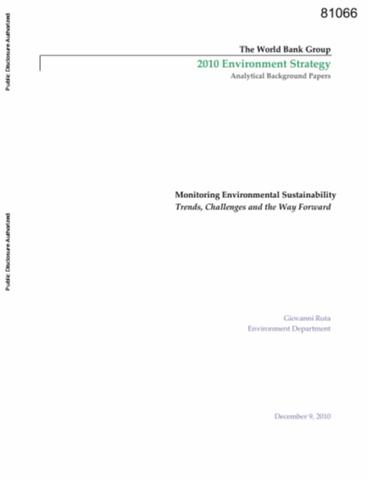The World Bank is a vital source of financial and technical assistance to developing countries around the world. We are not a bank in the ordinary sense but a unique partnership to reduce poverty and support development. The World Bank Group has two ambitious goals: End extreme poverty within a generation and boost shared prosperity.
- To end extreme poverty, the Bank's goal is to decrease the percentage of people living on less than $1.25 a day to no more than 3% by 2030.
- To promote shared prosperity, the goal is to promote income growth of the bottom 40% of the population in each country.
The World Bank Group comprises five institutions managed by their member countries.
The World Bank Group and Land: Working to protect the rights of existing land users and to help secure benefits for smallholder farmers
The World Bank (IBRD and IDA) interacts primarily with governments to increase agricultural productivity, strengthen land tenure policies and improve land governance. More than 90% of the World Bank’s agriculture portfolio focuses on the productivity and access to markets by small holder farmers. Ten percent of our projects focus on the governance of land tenure.
Similarly, investments by the International Finance Corporation (IFC), the World Bank Group’s private sector arm, including those in larger scale enterprises, overwhelmingly support smallholder farmers through improved access to finance, inputs and markets, and as direct suppliers. IFC invests in environmentally and socially sustainable private enterprises in all parts of the value chain (inputs such as irrigation and fertilizers, primary production, processing, transport and storage, traders, and risk management facilities including weather/crop insurance, warehouse financing, etc
For more information, visit the World Bank Group and land and food security (https://www.worldbank.org/en/topic/agriculture/brief/land-and-food-security1
Resources
Displaying 4641 - 4645 of 4907Vanuatu Gender and Investment Climate Reform Assessment
This report is one of six gender and investment climate reform assessments undertaken in six Pacific nations including Vanuatu. The report analyses gender-based investment climate barriers which constrain private sector development and identifies solutions to address them. Four investment climate areas are considered: public private dialogue; starting and licensing a business; access to justice, the courts, and mediation, and; access to and enforcement of, rights over registered land.
Low-Carbon Development for Mexico
One of the most compelling reasons for pursuing low-carbon development is that the potential impacts of climate change are predicted to be severe, for both industrial and developing countries, and that reducing greenhouse gas emissions can reduce the risk of the most catastrophic impacts.
Cambodia
Cambodia emerged in the early 1990s from 30 years of conflict, the brutal Khmer Rouge era, and a decade of Vietnamese occupation, with one of the world’s lowest per-capita incomes, and with social indicators far behind those of neighboring Southeast Asian countries. Physical infrastructure had been largely destroyed. United Nations intervention led to a peace agreement in 1991, a new constitution, elections, and formation of a coalition government, although a reduced level of conflict and political instability continued until the late 1990s.
Valuation of Ecosystem Services in World Bank Group Work
In 2005, the Millennium Ecosystem Assessment (MA, 2005) provided the first comprehensive report on global ecosystems, the dependence of human societies on the services provided, current state, and likely future trajectory. The MA identified the failure to value ecosystem services as a major contributing cause. The 2001 environment strategy did not explicitly address environmental valuation, although the focus on poverty and environment implies a need for valuing natural resources and environmental services.
Monitoring Environmental Sustainability
This report presents a concise review of the major environmental and natural resources issues at the global and national level over the coming two decades. The environmental issues reviewed include air pollution and deterioration of air quality, greenhouse gas emissions and climate change, water quality, scarcity and access, land and soil degradation, deforestation and forest degradation, natural disaster, loss of biodiversity and protected areas, and governance and institutions for environmental and natural resource management.






